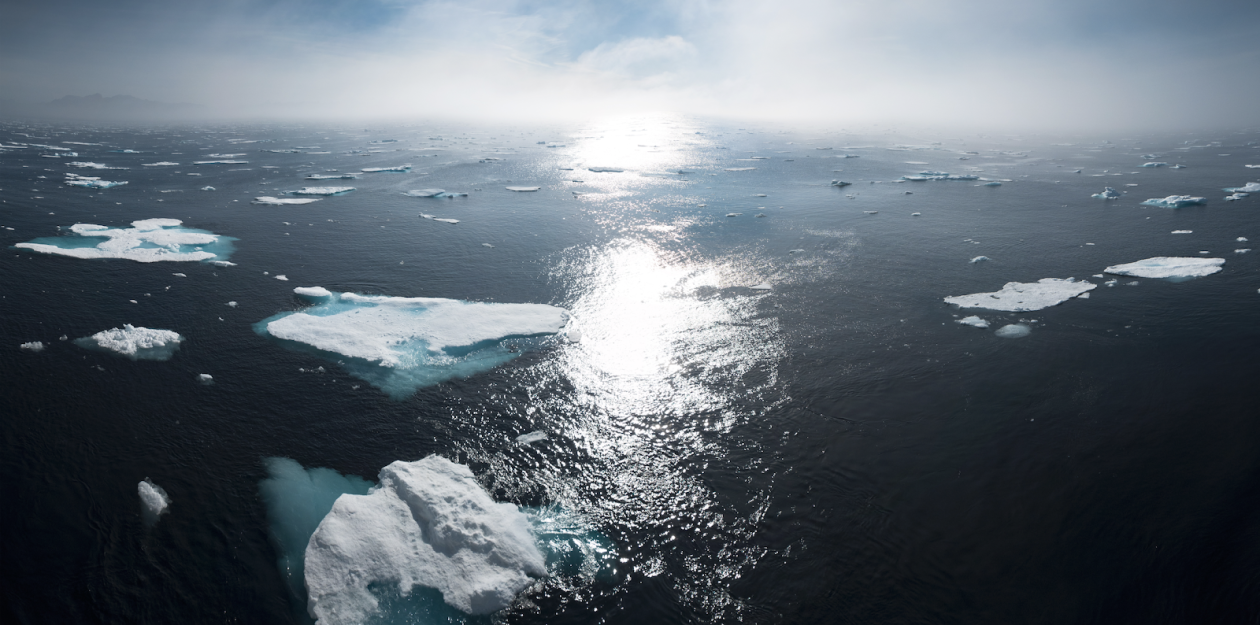 © William Bossen - Unsplash
© William Bossen - Unsplash
What is climate change?
Son güncelleme Çarşamba, 21/10/2020
Climate change is on everyone’s lips. Exceptionally warm winters, out of control wildfires and glaciers melting faster than expected are all phenomena resulting from climate change.
Understand climate change, its causes and impact in five key questions.
1. What is climate change?
Caused by global warming, climate change refers to long-term weather patterns on Earth such as temperature, sea levels and precipitation.
Earth’s climate has changed dramatically many times since the planet was formed 4.5 billion years ago. It has oscillated between warm periods and ice ages; such cycles have always taken tens of thousands or millions of years. In the last 150 years (industrial era) temperatures have been rising faster than at any other times.
2. What are the causes of climate change?
The primary cause of climate change is the burning of fossil fuels such as oil, coal and natural gas, which emits greenhouse gases into the atmosphere. Other human activities, such as agriculture and deforestation, also contribute to their proliferation. The problem is that those gases trap heat in the atmosphere: this is called the greenhouse effect.
Without the greenhouse effect, the average temperature of the planet would be -18°C. But daily human activities maximise this effect, causing the planet’s temperature to increase even more. Despite international commitments, the level of carbon dioxide (CO2) in the atmosphere continues to grow and reached another record in 2019 according to the World Meteorological Organisation (almost +150% as compared to 1750).
3. What’s the impact of climate change?
The main impact of climate change is the increase of the planet’s global temperature, which has risen by 1.1°C since the pre-industrial period. 2010-2020 will be a decade of exceptional global heat, and 2019 the second hottest year on record. If the current warming trend continues, temperatures could rise by 3-5°C by the end of this century with potential disastrous effects. In comparison, 5°C is the temperature increase observed over the last 10,000 years.
Rising temperatures have an impact on the melting of the ice mass at the poles, which in turn causes rising sea levels, leading to flooding and threatening coastal environments. Climate change also contributes to more frequent and intense extreme weather events, such as storms, drought, heatwaves and forest fires. There are very strong regional variations in these patterns, and some parts of the world are more affected than others.
4. What about human beings?
Both our health and our food security are at threat, particularly in Africa and Asia, home to some of the world’s largest youth populations. As mentioned in the United Nations Environment Programme (UNEP), Global warming of 2˚C would put over half of Africa’s population at risk of undernourishment. The World Health Organisation has warned that the health of millions could be threatened by increases in malaria, water-borne disease and malnutrition. This will also have an impact on human migrations, with a foreseen increase of climate refugees.
5. Can we stop climate change?
If climate change cannot be reversed, we can mitigate its effects and adapt to its consequences. Mitigation actions are about decreasing the amount of emissions released into the atmosphere for instance by developing clean energies and by increasing forest areas. Drastic changes are needed in key areas such as transport, energy, industry, housing, waste management and agriculture.
Adapting to climate change means preparing for its effects and making our society more resilient. This can mean for example using scarce water resources more efficiently, adapting agricultural and forestry practices, and ensuring that buildings and infrastructure are able to withstand future climate conditions and extreme weather events.
The impacts of climate change are often felt hard in areas and among populations that are already vulnerable. Tackling climate change is also about helping the most vulnerable and making progress on other global challenges like fighting poverty, inequality and environmental degradation. International organisations, civil society and more and more young people are pushing for global action to tackle climate change. The EU has put climate change on top of its political agenda with the European Green Deal, disclosed in December 2019 by the European Commission President Ursula von der Leyen. The European Green Deal has the primary goal of making Europe the first climate-neutral continent by 2050.